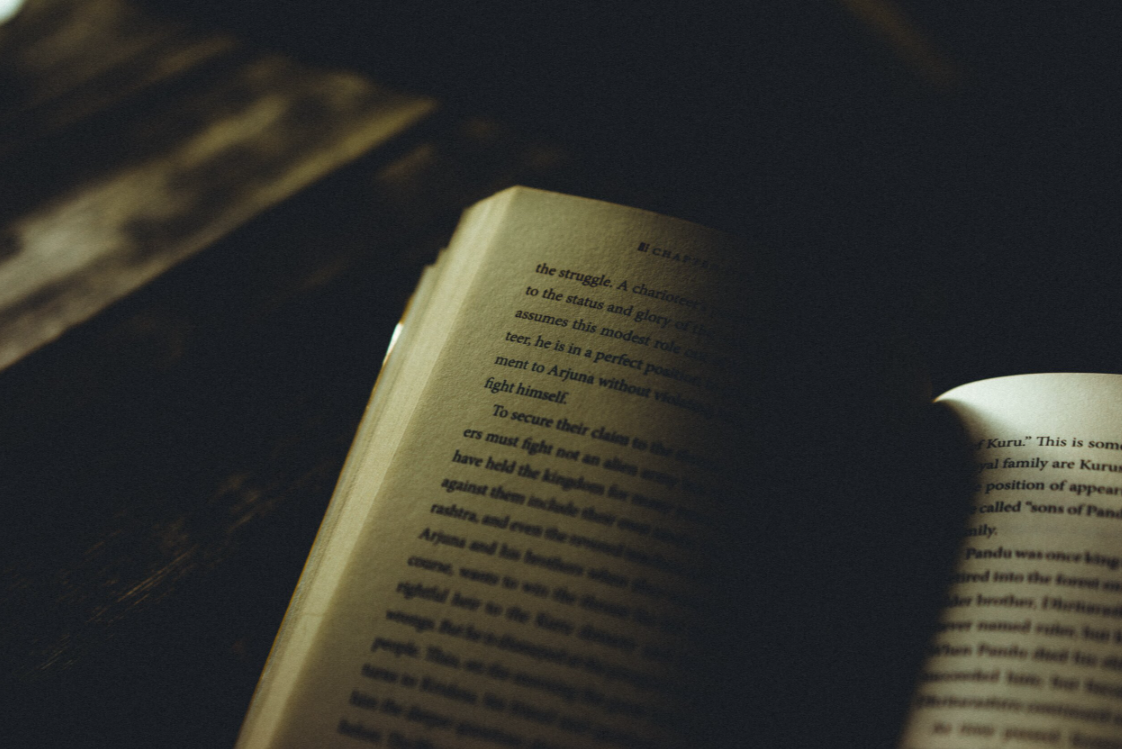A Constant in Times of Change
The case for reading old books.
By Zach Dietrich
When chaos lurked, then strutted, then crashed through society last year, there was barely an hour a day or a normal life rhythm it did not taint. I personally noticed how tempted I was – despite being much busier – to fill more gaps of life with constantly refreshed headlines, updated health statistics, or someone’s political two cents. I checked the news too much. Way too much. How could I guard some sense of normal before an apparently new normal set in? How could I fight for at least some rhythms of life worth preserving?
One weapon to fight against the news updates, infinite scrolling, and daily “what ifs” is old books. Old books have survived trials greater than 2020 and will continue to speak for decades to come. Old books rescue us from today’s headlines. Old books force us to slow down in a world speeding out of control. Old books humble us. They remind us there is nothing new that those who have gone before us haven’t already experienced. And they offer us wisdom. When all around us seems transient, we need to double down on what lasts.
“Perhaps some of the voices of the past have lasted for a reason. Perhaps we should listen to them.
While the “old” books I read in 2020 barely qualify as old, but here are three I would recommend to you:
-
“Knowing God” by J.I. Packer. I had never read this best-selling book until last year, and I completed it right before Packer died (July 2020). If you don’t have a book to read this year, pick this up! What we need more than anything right now is to dwell on the greatness of God. This book was not always easy, but it was worth it. When I finished the last chapter, a grand tour through Romans 8, I was tempted to start rereading it that day.
-
“Life Together” by Dietrich Bonhoeffer (1938). This 20th century classic was already on my reading list, but the lockdown made Bonhoeffer’s vision of Christian community – not without some quirks – a timely read. Bonhoeffer was a pastor and theologian in Germany, and it is significant to note that he wrote this book in the years leading up to World War II.
-
“The Keeper of the Bees” by Gene Stratton-Porter (1925). So, this one isn’t a Christian title, but I always want to have something beautiful and fun to read. For me, fun books I want to read fuel the hard books I know I should read. I started “The Keeper of the Bees” in 2020, but I’ll admit I haven’t finished it yet. The novels of Stratton-Porter have become treasures in our home because of the way she helped us fall in love with the little things in nature we too often trample – birds, moths, trees, bees. “The Keeper of the Bees” tells the story of a wounded veteran who was healed through friendship and beekeeping.
If these titles don’t pique your interest, here are a couple more 2020 old reads. “The Rare Jewel of Christian Contentment” by Jeremiah Burroughs, though written in the 1600s, is as timely as ever. And in 2020, I started slogging my way through “The Institutes of the Christian Religion” by John Calvin. I read it for five minutes each day and hope to finish it sometime before the next election.


